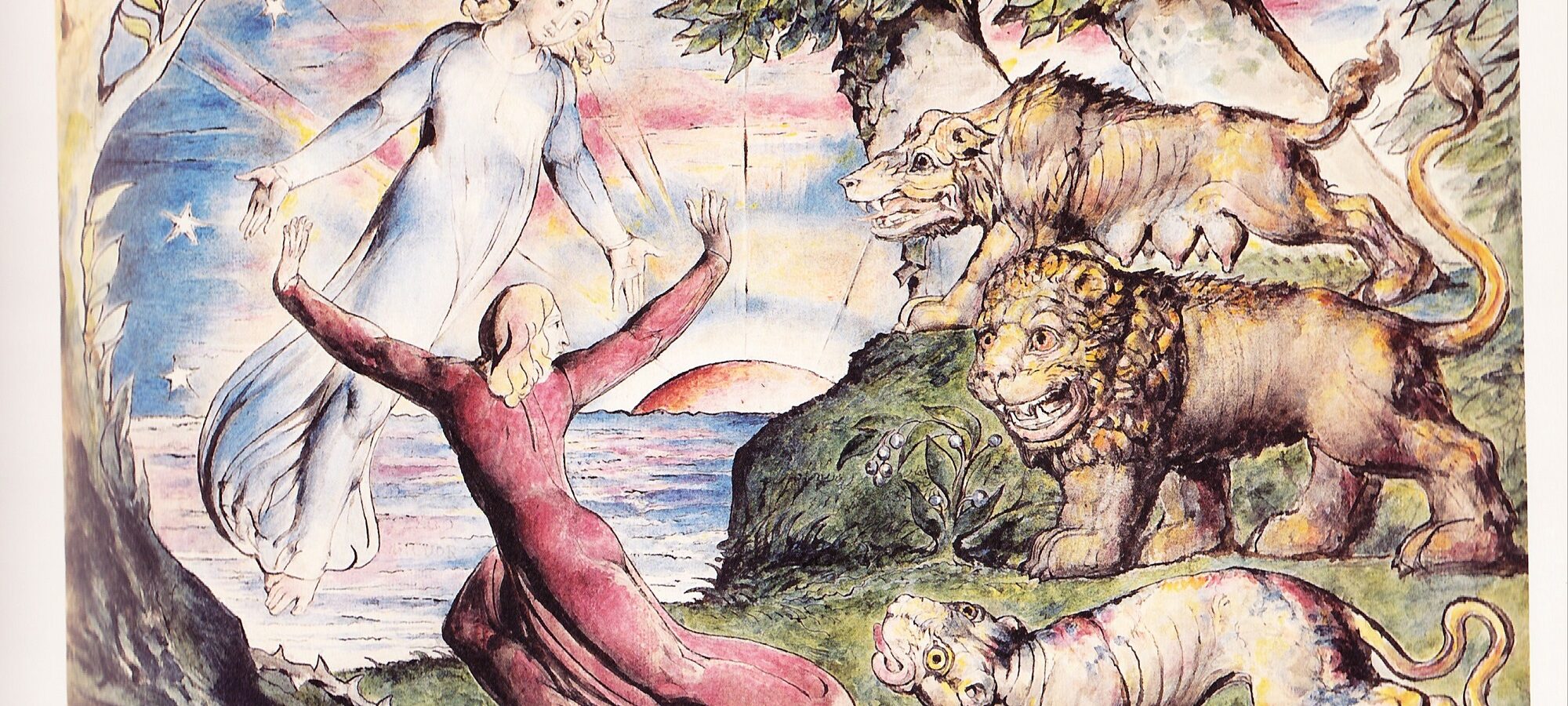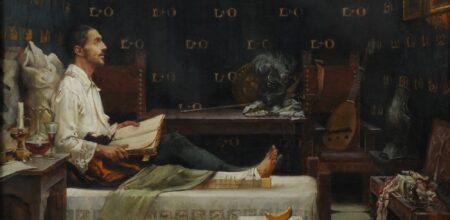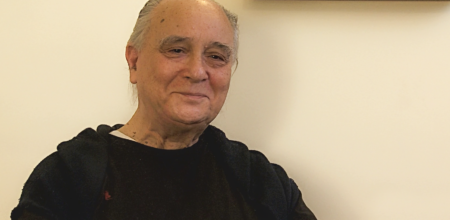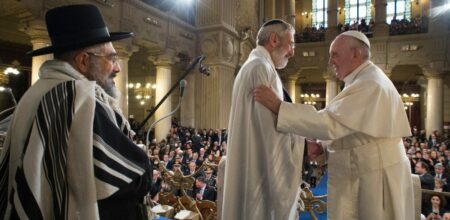
|
|
Secondo la concezione medievale, nell’uomo vi è un desiderio naturale di vedere Dio (san Tommaso).
Dante abbraccia questa prospettiva e la traspone nella sua Commedia, che può essere definita la trilogia del desiderio: il desiderio tradito e pietrificato nella dannazione (Inferno); il desiderio tradito, ma redento nella purificazione (Purgatorio); il desiderio pienamente realizzato nel Sommo Bene (Paradiso). In questo percorso, la donna (Beatrice, ma non solo lei) svolge un ruolo determinante.
Il centenario dantesco è un invito a fare con Dante questo straordinario viaggio, anzitutto dentro se stessi.
***
DANTE, POET OF DESIRE
According to the medieval view, there is a natural desire in man to see God (St Thomas). Dante embraces this perspective and transposes it into his Comedy, which can be defined as the trilogy of desire, first as desire that is betrayed and petrified in damnation (Inferno); second, as desire betrayed, but redeemed in purification (Purgatory); and third, desire that is fully realised in the Supreme Good (Paradise). Along this path, the woman (Beatrice, but not only she) plays a decisive role. Dante’s centenary is an invitation to take this extraordinary journey with Dante, first and foremost within ourselves.
Per leggere l’articolo, acquista il quaderno 4102.
















